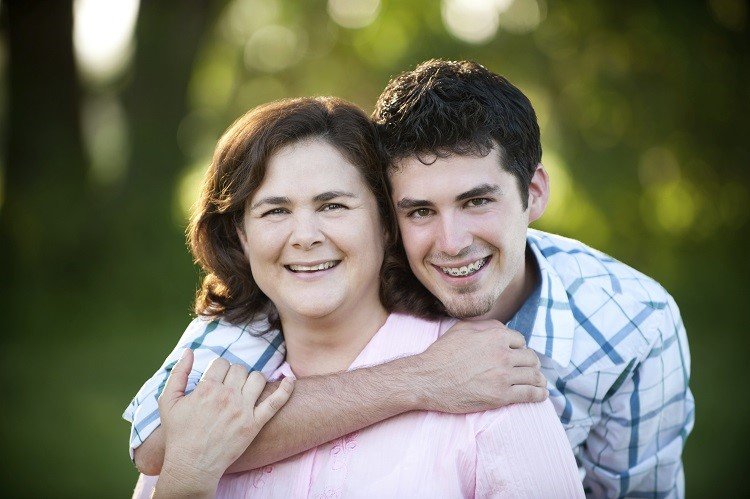Part four of this four-part series will provide you with the information you need to determine whether your child is using drugs—including alcohol—and what to do about it. Read part three, What to Do if Your Suspicions of Teen Drug Abuse Are Confirmed.
A large body of research shows the importance of family in addiction counseling—family involvement improves the chances of successful recovery. Strong support from the family during recovery is a major factor for preventing a relapse.
Here are some essential ways to support your child during and after treatment.

Learn everything you can about addiction, recovery and relapse. The more you understand about how addiction develops, its common underlying causes, how it’s treated and what successful recovery entails, the better equipped you’ll be to fully and effectively support your child.
Get involved in your child’s treatment. Take advantage of family therapy and other family programming during treatment. Your involvement in family addiction counseling is critical, and the more engaged you and your child are in the treatment process, the better the outcomes of treatment.
Continue with counseling and support after treatment. Once treatment is complete, the aftercare plan for your child will include ongoing therapy and participation in a family addiction counseling support group. Family members should continue engaging with professional family addiction counseling and individual therapy. At this point, you will have your own strategies and resources to share with families who are just starting their own recovery journey.
Know the signs of relapse. Relapse doesn’t happen overnight. Relapse begins weeks or months before someone in recovery actually uses again.1 It occurs in three predictable stages, each with its own signs and symptoms. Know the stages, signs and symptoms of relapse, and stay vigilant for them.
Understand relapse. Relapse is no longer considered to be a catastrophic event, and it doesn’t mean that family addiction counseling didn’t work. Experts regard relapse as a normal and expected part of recovery. Relapse rates for addiction are similar to those of other chronic diseases like diabetes or heart disease, with around 40 to 60 percent of people in recovery relapsing at some point.2
Relapse is an indication of a missing skill, and identifying and developing that skill will get the individual back on track. Approaching a relapse with a positive attitude will ensure your child gets back to recovery quickly, more motivated and better equipped to stay abstinent.
Promote self-care. A lack of self-care is one of the most important predictors of relapse. Make sure your child eats a healthy diet and gets adequate sleep and plenty of exercise. Help your child reduce stress, and encourage them to cope with stress, cravings and triggers in healthy ways.
Get your teen into a routine. Once treatment is complete, a routine can help your child get through the challenging early weeks and months of recovery. It can help ensure your teen eats regularly, exercises and gets enough sleep. Include plenty of time for fun and relaxation.
Prevent isolation and boredom. Isolation and boredom are major factors for relapse. Don’t let your child hole up in their room for hours on end, and make sure they have plenty of activities to keep them busy during early recovery.
Encourage healthy hobbies. Healthy hobbies are important in recovery. Hobbies promote enjoyment, stress relief and relaxation and help prevent boredom and isolation. A hobby can also help your child develop healthy relationships with other non-users as well as bring a higher sense of purpose and meaning to their life.
Have fun with your child. Spend quality time with your child, having fun or just relaxing. Doing so will improve your relationship with your child and help increase accountability. It’ll also help reduce family stress.
Hold on to hope. Hope is the very foundation of recovery.3 Hope is the belief that a better future is possible. There will be setbacks in recovery, and maintaining positivity and holding on to hope will be essential for weathering them. Let your child know you believe in a happy, healthy future for them. Let them know that you believe they will recover for the long-term and enjoy a fulfilling life without drugs.
Recovery is a process of change from the inside out that leads to better physical and mental health, well-being and quality of life, and family addiction counseling is an important tool for recovery. It’s a holistic evolution of mind, body and spirit that leads to personal growth and redefining oneself.
Recovery happens, and it can happen for your family.
Download the entire series now as a fully illustrated eBook:
